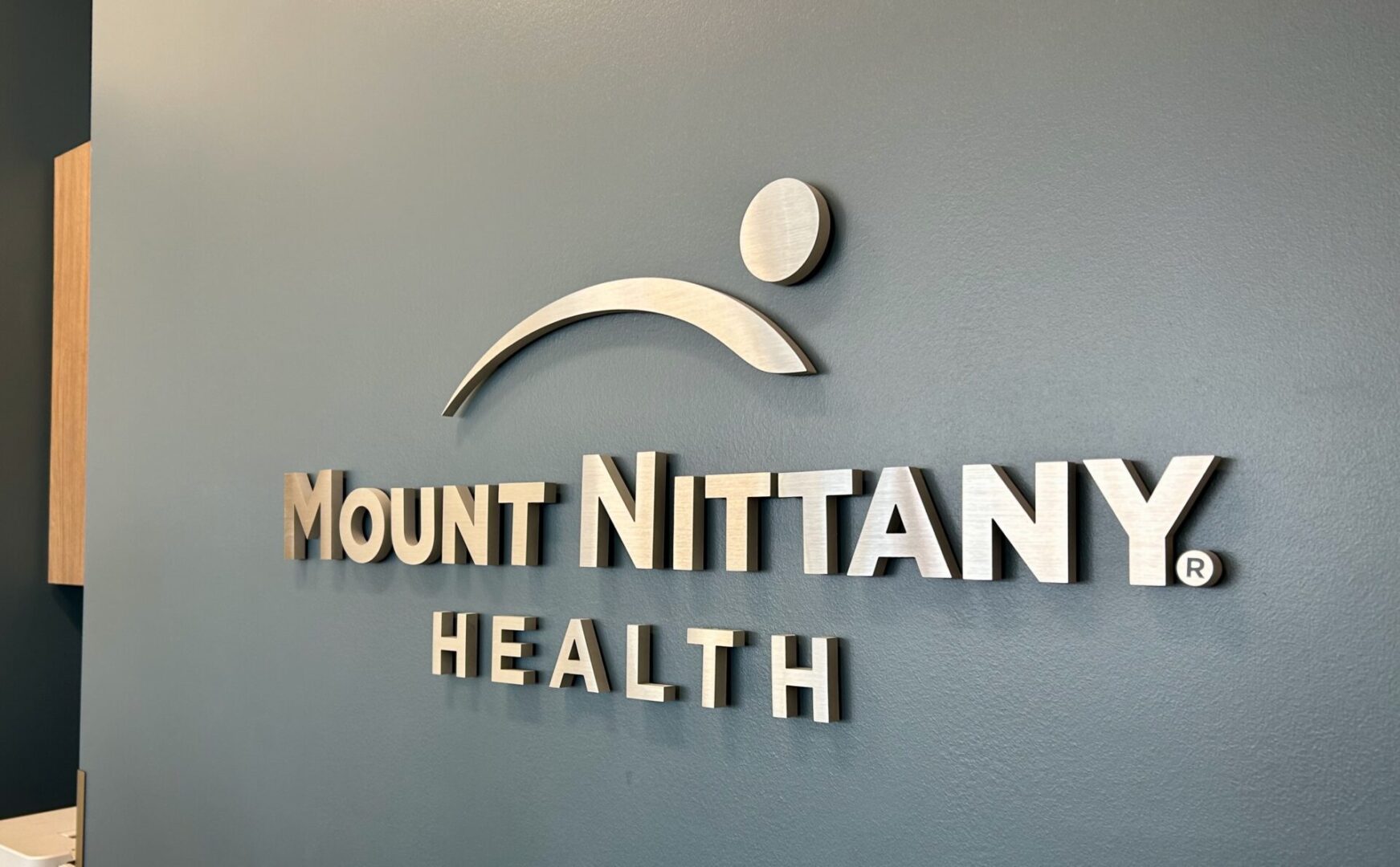Mount Nittany Health has agreed to pay $1.8 million to settle a class-action lawsuit which alleged the State College-based health system used website tracking technology that surreptitiously shared user information with third-party companies like Facebook and Google.
The settlement agreement filed on Monday in Centre County Court and still must be approved by Judge Brian Marshall. If approved, an estimated 74,000 Pennsylvania residents who accessed Mount Nittany Health’s websites and patient portal since 2007 could be eligible for a share of the settlement fund, according to the agreement.
Eligible individuals would be able to submit a claim through a settlement website or by mail within 75 days from a notice date to be determined. They could also choose to opt out of the settlement class.
Mount Nittany Health also agreed to take measures ensuring use of tracking technology on its websites complies with the Health Insurance Portability and Accountability Act.
The health system admits no wrongdoing or liability under the agreement.
“As stewards of Mount Nittany Health’s time and resources, we chose to settle rather than engage in a lengthy, expensive and uncertain litigation process,” Mount Nittany Health spokesperson Tania Luciow wrote in a statement. “This does not imply wrongdoing, as the court has found no fault on the part of Mount Nittany Health.”
Mount Nittany Health was among a number of health systems nationwide sued “as part of a recent wave of class action cases challenging the use of common marketing tools frequently used on websites to improve user experience,” Luciow wrote.
The lawsuit filed in 2023 on behalf of two Centre County residents identified only as John Doe and Jane Doe alleged that embedded tracking pixels, including Facebook’s Meta Pixel, on its website to track, record and transmit user information to the third parties without the user’s knowledge. Tracking pixels are code invisible to the user that collect data and make it accessible to third parties.
The tracking technology allows companies like Facebook to then “sell advertising customized to a user’s communications and habits,” and in return provide website owners with advertising analytics and marketing tools, George Bochetto, attorney for the plaintiff’s, wrote in the complaint.
The lawsuit claimed that information disclosed included individuals’ status as patients, their searches for information about specific medical conditions and treatments, their medical providers and their physical locations.
Mount Nittany Health denied that any sensitive personal information was shared.
“At Mount Nittany Health, we prioritize patient privacy and deeply value the trust placed in us to protect medical information,” Luciow wrote. “…No data breach occurred, no medical records were shared and no protected health information was disclosed.”
It was not yet clear when Marshall might grant preliminary approval of the agreement, which would then set in motion the process for distributing the settlement.



